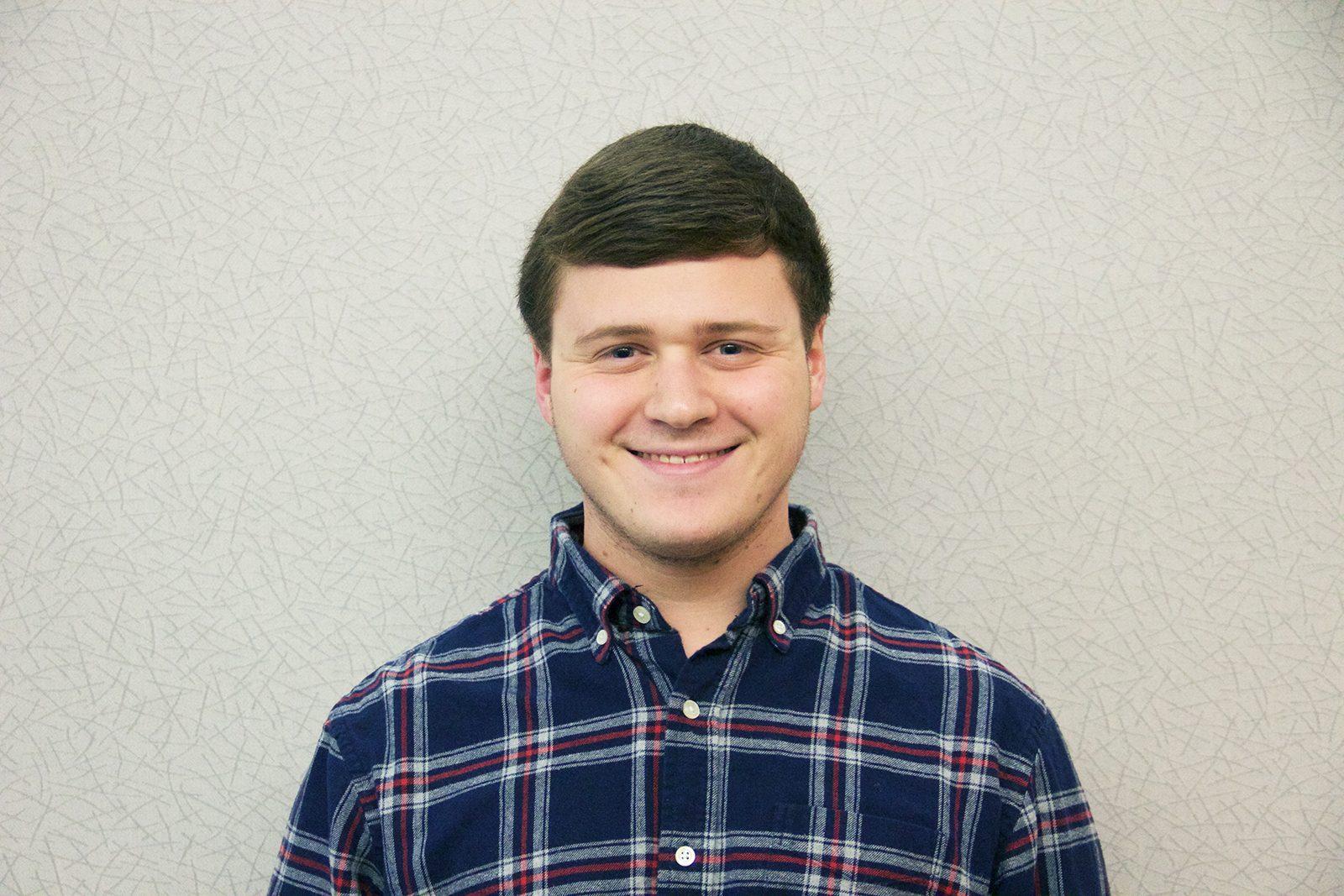I have always loved Patriots’ Day. It marks the unofficial beginning of spring in Boston and the holiday is as integral to the identity of the city as clam chowder, the Freedom Trail and “pahking cahs in Hahvahd Yahd.”
Since 2013, Patriots’ Day has taken on another level of meaning. In the face of pure evil and devastation, that tragic day gave birth to the idea of Boston Strong. More than a slogan or bumper sticker, it is a rallying cry for the city that symbolizes its unbreakable resilience.
Much like that fateful Marathon Monday seven years ago, Bostonians spent this year’s holiday cooped up in their homes, afraid –– only this time, the enemy is invisible. And as we’re all painfully aware, we don’t have sports to distract us.
Even before the coronavirus pandemic put the entire sports world in timeout, Boston fans had endured a truly heartrending opening to 2020.
In January, during the fallout of the Houston Astros sign-stealing scandal, beloved Red Sox manager Alex Cora was shown the door. Days later, the world was shocked by the tragic death of basketball legend Kobe Bryant. In February, the Sox shipped fan favorite Mookie Betts off to L.A. In March, the Boston University men’s basketball team secured its first trip to March Madness since 2011, only for the tournament to be cancelled. Then, perhaps the biggest dagger of all: Tom Brady announced he was leaving the Patriots.
Have we ever needed Patriots’ Day more?
Instead, the Boston Marathon was postponed for the first time in its 124-year history. The race had been held in times of war and extreme weather, but with a field of 30,000 runners and hundreds of thousands of spectators, the historic event was forced to bow to the pandemic.
Boston’s other main Patriots’ Day attraction — the annual 11 a.m. Red Sox home game — will have to wait as well since Major League Baseball remains indefinitely paused.
Rather than take to the streets to cheer on the runners, Bostonians stayed home and directed their support to the countless medical professionals on the front lines of the pandemic. This Marathon Monday, the Boston Globe ran a series of full-page ads entitled “Boston is still cheering,” writing, “There are still people to cheer for. Use the signs provided in today’s paper to color in your support for our frontline healthcare workers. They are the heroes this Marathon Monday and every day.”
The Boston Athletic Association, which puts on the Marathon, also took out a full-page ad to show its gratitude to essential workers. Its powerful message reads, “To the doctors, nurses, pharmacists, dentists, medical personnel, EMTs, police officers, firefighters, grocery store workers, custodians, postal workers, delivery drivers, bus drivers, train conductors: We’ll wait to start until you reach the finish.”
In truth, a marathon is a fairly apt metaphor for what we’re going through right now: it’s long, painful, and physically and emotionally draining. And while most of us remain on the sidelines, we continue to support and cheer on those who are leading the charge. We just have to hope the finish line is near.
Back in 2013, Boston’s sports teams led the city on its long, winding road to recovery. From David Ortiz’s unforgettable speech declaring that “this is our f***ing city” to fans joining together for chilling renditions of the Star Spangled Banner, it was sports that brought people together to heal. Fenway and TD Garden became more than sports arenas –– they were centers of communal gathering, safe spaces for fans to come together and spread the love.
Perhaps that is what makes this Patriots’ Day so strange. Races and ball games can be postponed. But the incredible sense of community sports offers us is irreplaceable. Watching the Sox play in jerseys with the word Boston sewn into it, walking through crowds of people to get a glimpse at the runners passing by –– there is nothing like it.
There is no question that the coronavirus pandemic has caused more damage and heartbreak than just cancelling sporting events. But in the face of tragedy, we often turn to our teams and athletes for distraction, inspiration, and a sense of belonging. Now, we’re just at a loss.
Nobody knows how long we will have to wait to get our sports back, but one thing is certain: whenever this horrible crisis ends, sports will be there, waiting for us. And we’ll be ready, as Boston Strong as ever.





















































































































